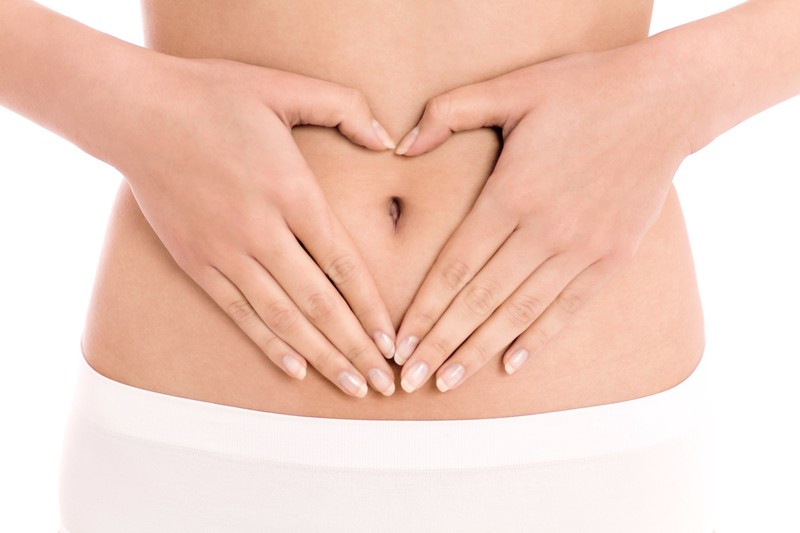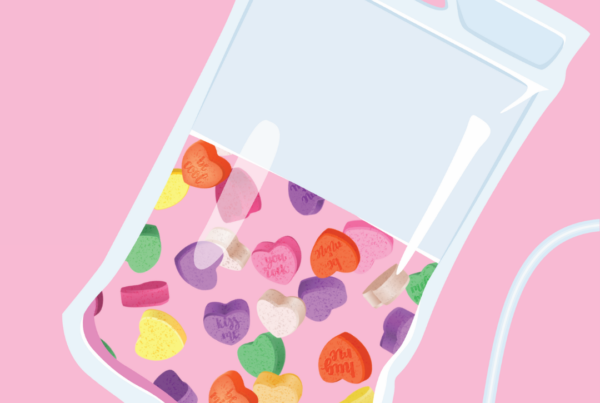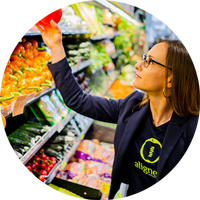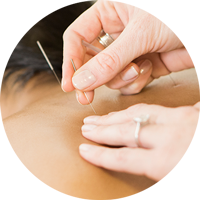Your body is a temple, especially when it comes to preconception. What you put in your body during this all-important time can help drastically in terms of both getting pregnant and sustaining a healthier pregnancy throughout those nine months. Conversely, avoiding certain foods is just as important.
Preparing for pregnancy through nutrition is a global practice with a long history in traditional knowledge. Many women of indigenous cultures, especially in Southeast Africa, begin a special diet up to six months prior to marriage in preparation for pregnancy. In fact, other research shows that some birth defects can be linked to nutritional deficiencies before conception.
If you are trying to get pregnant, meeting with an expert in Functional Medicine and Nutrition can put you and your partner on a path towards optimal health for conception. Discovering food sensitivities can help improve hormone levels, decrease inflammation and reset your digestion. Additionally, a Functional Medicine doctor may order a series of diagnostic exams, intended to get a comprehensive picture of your health, hormone levels, and bio-chemical make up. The goal is to create a course of action to help you live better, while improving fertility and preparing your body for a healthy pregnancy.
In the meantime you are probably wondering, what you should be eating right now before getting pregnant?
A healthy eating plan may look and taste like the rainbow. Foods with colors like red, blue purple, orange, yellow, green and white are high in antioxidant reserves. Think leafy salads, apricots, carrots, papaya, whole grains and dairy foods that are low in fat. Don’t skip meals, and avoid saturated fats, high glycemic foods, processed foods with artificial additives, and, unfortunately, that yummy fried food should be skipped as well. That also means that junk and fast food should be thrown to the curb, relying more on grilled chicken than crispy, a side salad instead of a side of fries.
Three to six months before conception is a prime time to start avoiding foods with refined or added sugars and caffeine, like soda, fruit drinks, tea, coffee and energy drinks.
If foods don’t do if for you as well as they could, a good prenatal vitamin supplement is a great source of folic acid and other important vitamins vital to you and your baby’s health. AmericanPregnancy.org via the U.S. Public Health Service recommends at least 0.4 milligrams of folic acid daily, which helps reduce baby’s risk of birth defects. Women also should be getting at least 1,000 milligrams per day of calcium while trying to get pregnant.
Finally, don’t forget to cut the alcohol. While not drinking is vital to a healthy pregnancy during the pregnancy itself, abstaining from alcohol three months to even a year out before the pregnancy can only do more good than harm.









